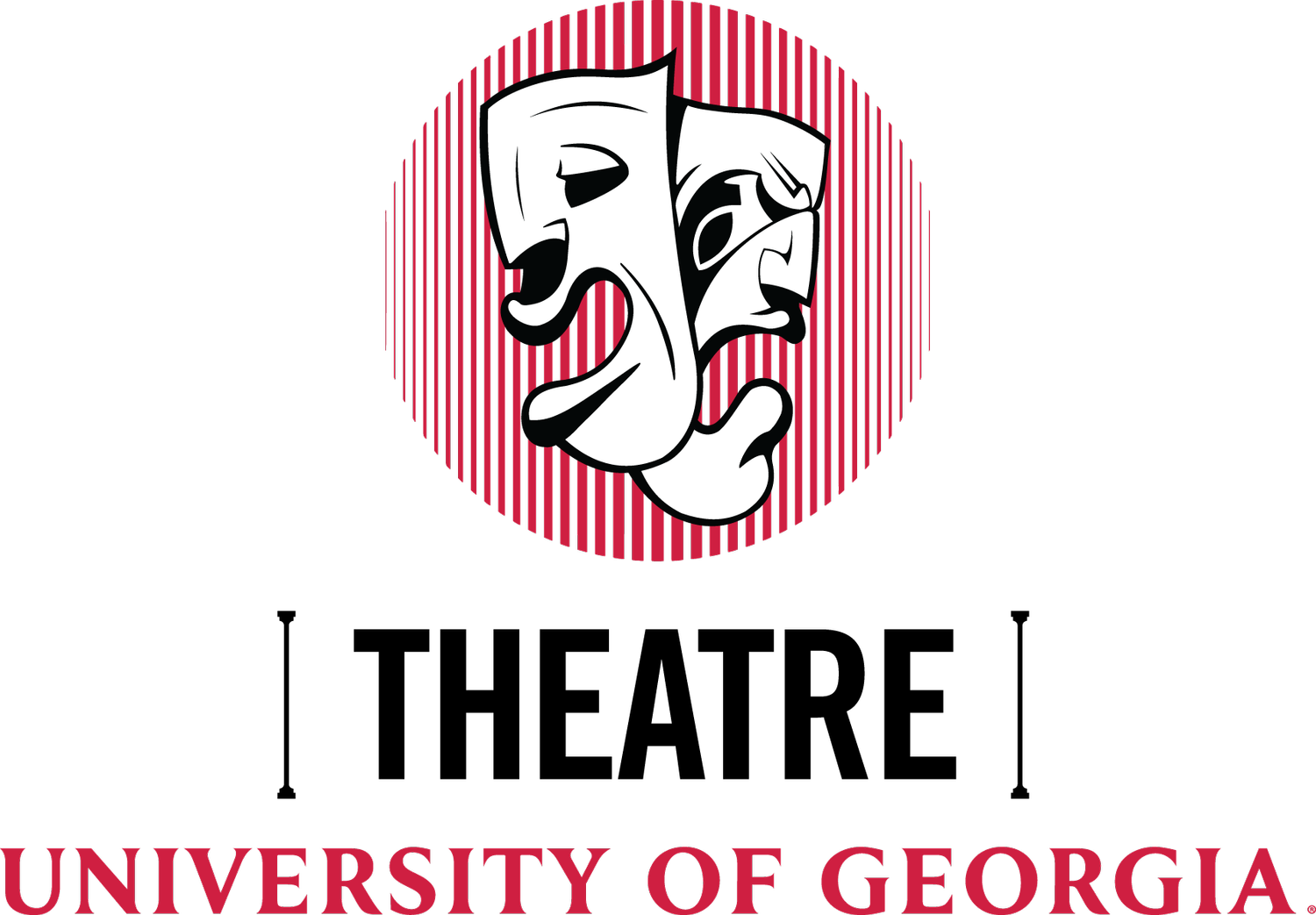Interview: John Galas, "Equus"
John Galas is a first-year MFA Acting student from Granby, CT. He is playing Martin Dysart in Equus.
Who is Martin Dysart to you?
To me, Martin Dysart is a deeply tragic character. He cares so deeply for Alan and all his patients. He gets pulled into Alan’s case far deeper than he means to be. He is also experiencing profound self-doubt and wonders if what he is doing is really helping or not.
What are your favorite things about Dysart? What are you least favorite things about him?
I love Martin’s compassion and empathy throughout the story. He tries to be as open and understanding as possible without distancing himself from his patients, which is what I think makes him different from other psychiatrists. What I dislike about Dysart is his inability to separate himself from the events of the play. His greatest strength is also his greatest weakness.
Are you anything like Dysart? Or are you very different from him?
I think we are alike in a lot of ways. He’s humorous, a little irreverent, and empathetic. These are all qualities I value and try to emulate as a person outside of my work as well.
How do you approach a character like Dysart?
I started with how we are alike. There is a lot of myself in Dysart and so I tried to build on those similarities rather than the differences between us. It is easy to get bogged down in the differences because you begin to feel like you have nothing in common. I also tried to build on his physicality, the way he walked or held himself was very important to finding who he was and how he lived in me.
If you could, then how can you briefly describe Equus in just a few words?
Equus is a play about passion, the dangers of taking anything too far, as well as seeing that things are not always how they appear on the surface.
This is your first show with UGA Theatre. What has this experience been like for you?
The experience has been marvelous Ray has been a fantastic and supportive director. All of my fellow actor's graduate and undergrad alike have been nothing short of consummate professionals.
Why do you think this play is important to today? What makes it relevant?
This play is absolutely relevant. I think we tend to lack a little empathy today, and Alan is a very difficult character to empathize with. However, the play lets you know there is always more to someone’s story. I think we need this kind of story today especially given the political tensions currently.

